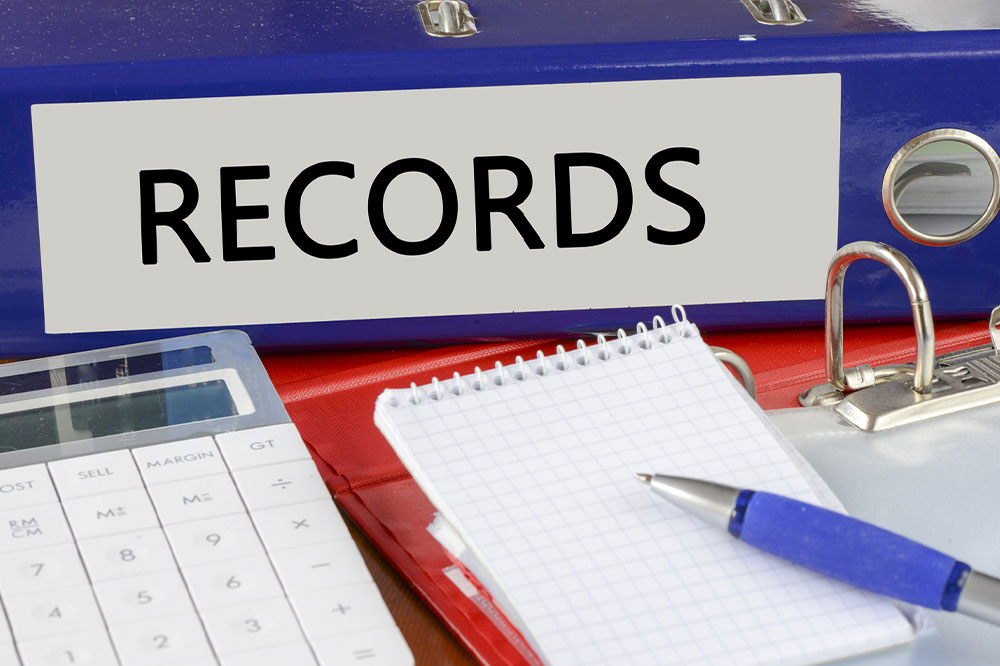Essential Guide to Accessing Property Record Information
Learn how to effectively access and interpret property records to enhance your real estate negotiations. This guide covers where to find these records, what details to look for, and how they can aid in making smarter property investments.

Essential Guide to Accessing Property Record Information
Obtaining property records is a vital step for buyers when preparing to make a purchase. These records contain essential details about the property, providing an advantage during negotiations. A thorough review of a property's history often reveals opportunities to negotiate better deals, especially when compared to only relying on information from multiple listing services (MLS). While MLS data is common, there are additional sources for property records that can give buyers more insight.
Why are property records so crucial? If you discover that the current owners are motivated by reasons like a divorce or a quick sale, you might negotiate a lower price. For example, if the property has been listed for a long time, it indicates the owner might be eager to sell soon, creating room for price reduction. Other details such as prior listings, foreclosure status, property improvements, initial construction costs, and whether the property is in a foreclosure process are also accessible through these records.
Typically, property records are available at public records offices in each city or county. Visiting the local courthouse or city hall allows you to request access to property deeds, liens, or encumbrances. These official sources provide comprehensive property data essential for informed purchasing decisions.










